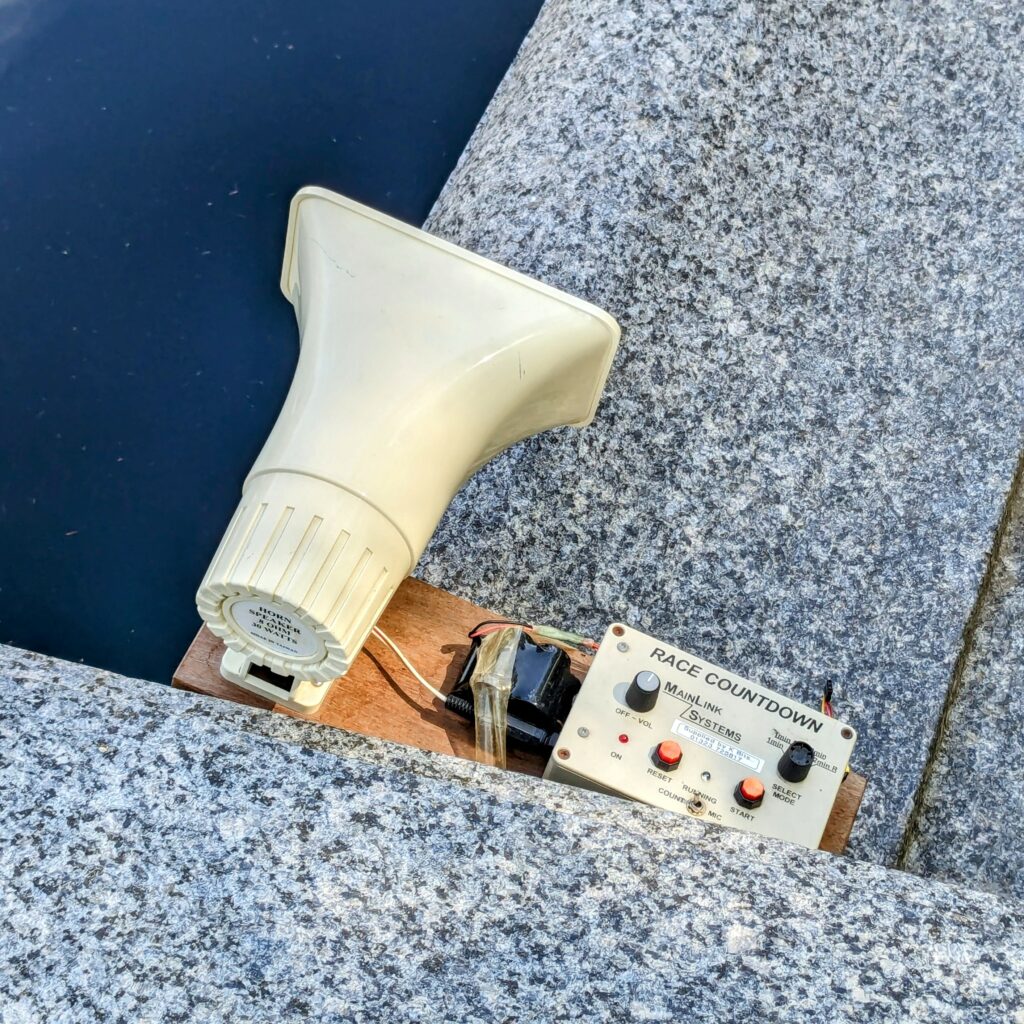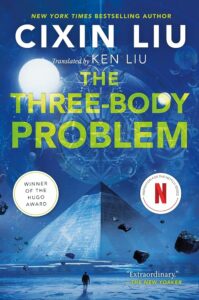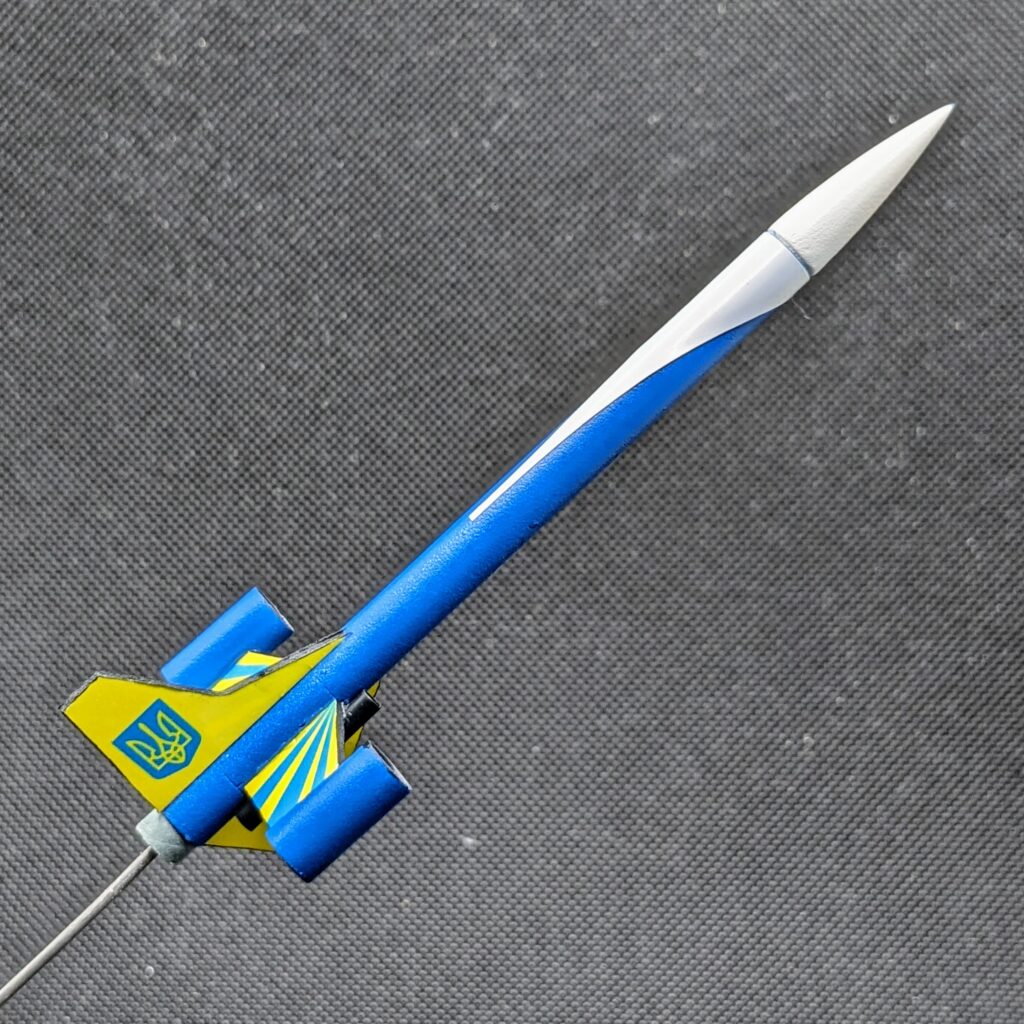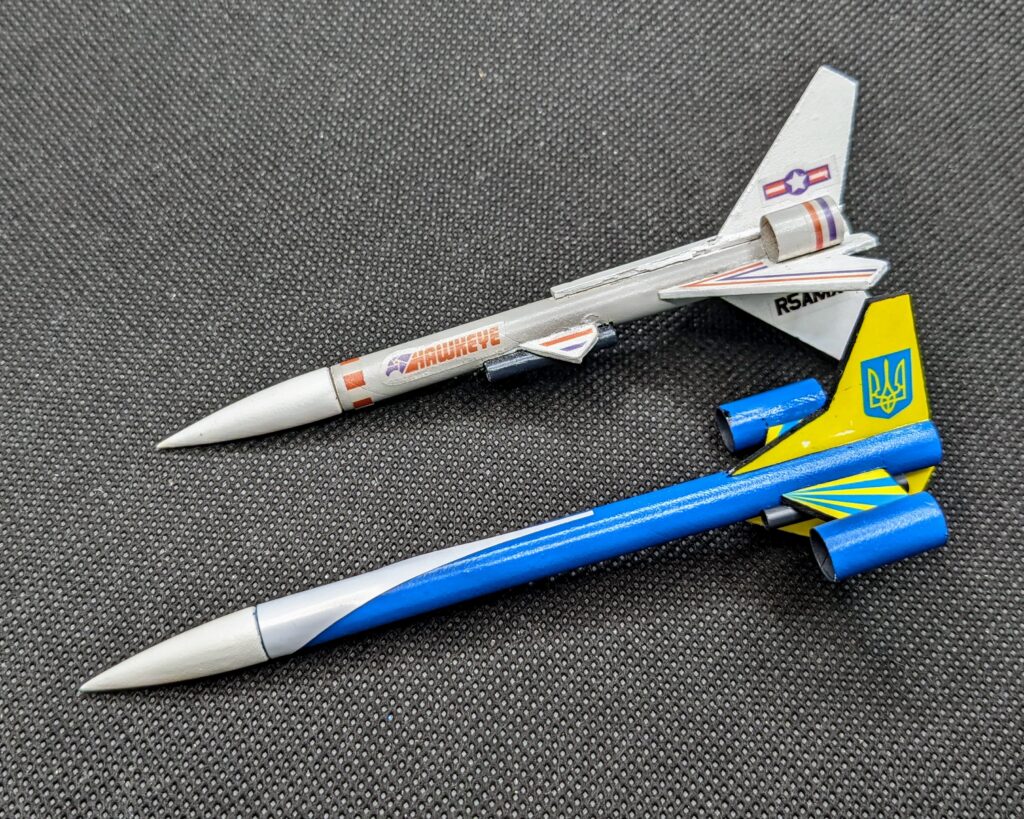Recently we made a quick trip to New York City and among other activities walked through Central Park, yielding a clear highlight of the trip: RC sailboat racing!
I’ve read about this scene before, in particular I believe EB White’s Stuart Little features it. and stumbling upon some action was really cool. Central Park itself has long maintained Kerb’s Boathouse for model sailboating in the adjacent large pond. No powered remote control vehicles are allowed in the park, so it’s all wind power all the time. The public can rent space to store their models in the boathouse and several organizations use it as home base.
One such organization is Rocking the Boat, which runs youth programs building & sailing full size boats out of the Bronx. They recently branched out and took on the running of an RC sailboat rental concession at Kerb’s Boathouse and have started youth programs hosted there. Another is the Central Park Model Yacht Club, which coordinates events including the low key races every Saturday which we happened to see. As you’d expect, the racing amounts to a gaggle of middle age and elderly gentlemen hurriedly walking up and down the length of the pond while half-seriously cursing their boats, the wind, and each other in NYC accents. It was amazing.
Sadly, although club members had several boats for sale in the boathouse, we were going from there to a showing of The Lion King and I thought the people seated behind me might object if I sat there holding a ~5.5ft tall sailboat…









